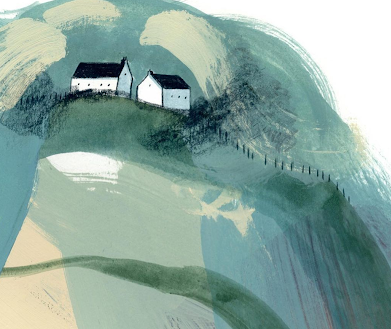Many Graded students seem to have the same routines: weekends at Iguatemi or Cidade Jardim, a daily Oakberry in the Student Center, and that same Longchamp bag they carry everywhere. Our day to day is practically universal within our school, but in truth, we live in a completely different reality than 99% of Brazil. Graded is not only one of São Paulo’s most prestigious international schools, it is also one of the most expensive, making it easy to forget that once we’re inside these concrete and unbreakable walls. Our Graded Greens, fantastic libraries, international curriculum and students cultivate an environment completely contrasting to the precarious and harsh realities of many Brazilians. This raises the question: How much of a bubble do Graded students really live in?
On the surface, the answer may seem conspicuous. Our tuition alone places the school beyond almost all of Brazil’s reach, and most students arrive in bullet-proof cars with drivers. Our classes are known for their academic rigor and excellence, so why not use this amazing education to learn about the culture of one of the biggest cities in the world? I mean, we live in it, don’t we?
Some might argue that they already do this through subjects like Service Learning or BRSS, but do they truly push us to engage with issues like inequality and urban development? While these classes are really valuable, they don’t yet push the boundaries of cultural understanding. The truth is that when class ends, we all go back to the same routines of international college applications and ski trips to Aspen. Our curriculum undeniably opens the door, but whether we’re willing to walk through it is another matter.
However, the reality of a Graded student is more complicated than many may deem. We do not live in total isolation. Some of us try to get the best of many worlds: international backgrounds mixed with Brazilian culture, weekends in “BV” or “Barô” but also Sunday’s at Avenida Paulista. Some Graded students are deeply involved with São Paulo through social service projects and friends outside our school. The question we are dealing with is less about if we live in a bubble, but how permeable the bubble we live in is.
Our social bubble is rooted in the perspective we were subconsciously molded into. We could stretch it, but it is easier not to. In school, we are constantly surrounded by people with the same privileges: vast amounts of travel, great medical care, and high expectations for college admissions that all shape how we see ourselves and our near future. This bubble is not solely caused by our financial state but also built by the closed-off ideology we acquire from it. The way we see the world, measure success, and define “normal” were built from the privileged thrones we occupy. Graded emphasizes with pride our “global identity”, but in doing so, overlooks much local context. And that I believe is the core of our bubble: not just the fact it is made by our financial state or lifestyle, but by our perspective. We are taught to see the world in such a global sense, yet we rarely turn that curiosity towards São Paulo. How many of us can confidently discuss current Brazilian politics, or even name the neighborhood one of their closest friends live in? Looking at our bubble, it is safe to say it has three main layers.
First, we have the economic layer, created by our high financial income and the materialistic separation it brings. Second, is cultural, our education stems from a goal of internationalism that consequentially is prioritized over our national understanding. Third, is psychological: we have a clear perception of success and identity through a global and privileged lens rather than a national one.
Although many at Graded work to bridge these gaps, we fail to acknowledge that exposure is not the same as integration. We can learn all we want about a subject in class and ignore it once we put our headphones on and watch Paraisopolis pass. Unless we use our education to truly engage with the city, its people, and its problems, we put at risk turning our strong global identity into local detachment.
Answering the question truthfully, the bubble we inhabit exists, but it isn’t impenetrable. Our bubble is a privilege and an opportunity that needs to always be stretched to the world outside ours. But, by recognizing the bubble, we are one step closer to breaking the prejudices and wrong ideologies we hold about Brazil. But the most important takeaway is: will we let the bubble shield us from reality, or will we use our advantages in society to better connect and understand our home?













